Before we, in the words of The Rolling Stones and their song “Rip This Joint,” get all Willie Nelson and Merle Haggard on you and debate whether or not it is a good thing that “It’s All Going to Pot” in the real estate industry, let us set the mood further by asking you to ponder the following quote from multi-billionaire business magnate, author and philanthropist George Soros.
“Regulating and taxing marijuana would simultaneously save taxpayers billions of dollars in enforcement and incarceration costs, while providing many billions of dollars in revenue annually.”
Notwithstanding which side of the planting field you stand on, regardless of how the federal government ultimately decides to address the legality of marijuana, as of December 2018, 33 states (and Washington D.C.) allow marijuana use for recreational or medical purposes. Consequently, real estate owners nationally are – in the words of Rock and Roll Hall of Fame band The Eagles – “Waiting in the Weeds” for further state, and ultimately federal regulation for the industry.
Top 20+ Things to Know About the Cannabis Industry’s Potential Impact on Commercial Real Estate and Leasing
- Essentially, all activity relating to marijuana is illegal under federal law.
- Awareness and sensitivity must rule when it comes to zoning and use laws.
- Given that cannabis is technically a controlled substance, Federal authorities may enter business establishments and charge those involved with forfeiture proceedings. Be aware of what is known as the Crackhouse Statute, which under Title 21, makes it a felony to knowingly open, lease, rent, use, or maintain any place for the purpose of manufacturing, distributing, or using any controlled substance. In addition to the foregoing, there is other liability under the federal Controlled Substances Act.
- Percentage Rent: Given the current federal laws, essentially profit-sharing of any kind is out of the question. In short, landlords need to avoid having a financial stake in the tenant’s business as it will technically have a stake in an illegal business.
- Proper drafting when it comes to dovetailing the time a tenant can get licensed and the date that the lease commence.
- Given the moving target that is federal law enforcement (or lack thereof), potential denial of a tenant’s licensing application, and tenant’s potential non-compliance with state or local marijuana laws, drafting cannabis related termination language is imperative for landlords and tenants.
- The lack of stable and secure cash flow to a landlord due to the necessity for, among other things, termination clauses, shorter term leases and uncertainty in the cannabis and real estate industry as to how state and federal regulations will ultimately be decided.
- Litigation vs. Arbitration: As a general statement, there is a conflict between a landlord’s desire to have leasing disputes settled in a court of law, versus that of a cannabis tenant’s desire to have the issues resolved by way of arbitration.
- Illegality Not a Defense to a Lease and Contract: Careful drafting is a prerequisite in this area. Both parties must waive, acknowledge and agree that any defense of “federal illegality” will be prohibited from being raised by either party to any landlord or tenant breach or default under the lease by the non-breaching/non-defaulting party. Short of that, the case could be thrown out of court or by the arbitrator.
- Disposal, Storage, Fertilization and Environmental Issues for Growers and Processors: For non-growers and non-processors, include language along the lines of: “The sale of marijuana and marijuana related products shall not be included in the definition of hazardous substances.”
- On-site Consumption: As of December 2018, (a) Colorado does not allow on-site consumption at retail stores (according to www.denvergov.org, “A Cannabis Consumption Establishment license allows for an existing business to designate part of its premises as an area where cannabis consumption is allowed.”), (b) Alaska is poised to become the first state to pass legislation allowing for consumption in licensed state-endorsed dispensaries, and (c) California leaves the question of on-site consumption to local governments. As a general statement, the remaining states have regulations in place prohibiting on-site consumption.
- The “Use” Clause: Should the use clause be limited to – where allowable by state law – “the sale of cannabis only related products”? As of early December 2018, tenant advocates should push for allowing the tenant to have broader “exit strategy” use, assignment and subletting rights. In addition, if and when federal laws approve same (or state law expands to allow on-site use), will the tenant have had the negotiating foresight (and will the landlord be willing to agree to channel Bill Murray from the classic movie “Stripes” and agree to “LIGHTEN UP FRANCIS” ) to allow the use clause to expand by allowing for on-site consumption? Lastly, tenant advocates should consider adding language to the use clause along the lines of “Notwithstanding anything herein to the contrary, Landlord acknowledges and agrees that the use of the Premises for the Permitted Use (including the sale of marijuana and marijuana related products) shall not be a violation of this Lease (subject otherwise to the terms and conditions of this Lease).”
- Access to the Premises: Knowledge of how the laws are written as to who is allowed to enter the premises, and at what times, is imperative to a landlord. Accordingly, essentially a landlord’s standard unfettered access language will need to be conformed to state and local cannabis laws.
- Financing and Banking Concerns:
- Institutional lenders won’t lend on the property, given the “illegal activity” concern.
- Will a landlord be limited to a “hard money” or “transitional” lender? If so, the cost of borrowing will be higher.
- Will the landlord be in default under its current mortgage given the “illegal activity” concern?
- Given that cannabis tenants as a rule can’t bank with institutional lenders, can the landlord accept cash payments from their tenants under the terms of their mortgage?
- Security concerns given the “cash business” nature of cannabis tenants.
- Department of Building Issue for Landlords and Tenants: For growers, some of a tenant’s fixtures and equipment, such as grow lights and watering systems, may not comply with applicable codes.
- Odor Concerns: Complaints from other tenants or neighbors for those in on-site consumption or “grow” states, and venting and exhaust concerns.
- Risky Business: Props out to one of Tom Cruise’s better movies aside, many individuals view the cannabis industry as a whole as unsavory and risky.
- The Interplay of New Laws and Administrative Rules and Landlord Licensing Cooperation: Cannabis tenants need to make sure during their lease negotiations to secure language requiring the landlord to promptly assist them (and modify the lease if need be) in the event that new laws or rules are enacted.
- T/I Allowance Considerations: Landlords should consider granting little (if any) in the way of tenant improvement allowance, if for no other reason, due to a tenant’s early termination right (unless of course the tenant’s principal will personally guarantee the reimbursement of the unamortized in the event of the exercise of such right for at least the first 3 to 5 years of the lease from the rent commencement date).
- Tenant Exclusivity Provisions: For Example, “Landlord shall not lease to or permit any other occupant, concessionaire or tenant within the Building or property adjacent to the Building owned or controlled by Landlord or any affiliate thereof to operate a marijuana dispensary or similar use to that of Tenant.”
- Mixed Bag of Other Landlord Concerns and Needs:
- Specify the proper method of payment (as they will not and cannot accept cash payments).
- Be explicit that they are leasing the space to their tenant’s initial and continuing compliance with state law (and hopefully federal law at some point and place in time).
- Maintaining the right to terminate the lease if a change of law or prosecution of law concern arise.
- Maintaining restrictive use and assignment and subletting clauses.
- Maintain the right to review at the premises tenant’s receipts of sales and all other records (subject to such right not extending to patient records maintained by tenant pursuant to HIPPA).

